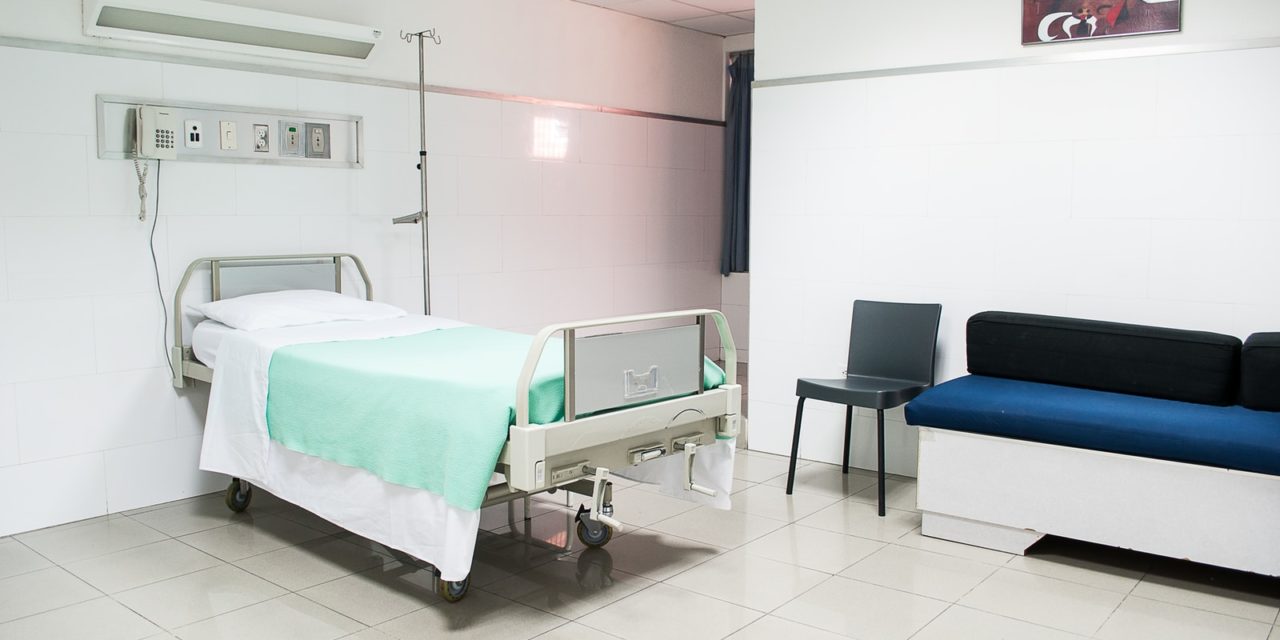Despite medical breakthroughs over the last decade, patients still face real dangers from hospitalization. Understanding the common hospital risksIt could save your life if you ask the right questions about your care.
“Infections contracted during hospital stays are the fourth largest killer in America,”Bruce Smeaton (medizoneint.com) is the spokesperson for global infection control company Medizone. “They add an estimated $33 billion to hospital and health care costs each year.”
Other experts, like Dr. Peter Angood (chief patient safety officer for the Joint Commission in Illinois), say patients are too passive and do not ask the right question.
This information can be helpful for you when you are next in hospital.
1. Medication errors. According to the Institute of Medicine 450,000 patients suffer injuries each year from medication errors. This risk can be reduced by making sure that every doctor, surgeon and nurse is aware of all medications you are taking. Ask about the side effects and how they are prescribed. Speak up if you’re anxious.
2. Hospital-acquired Infections (HAIs) Superbugs like MRSA are resistant to antibiotics, and they’re only getting stronger. Every year, VRE and E.coli infect 1.7 million people in hospitals. This is a common problem, so don’t be afraid to ask the hard questions: What technologies or methods are being used in order to prevent HAIs from happening?
“HAIs kill more people than AIDS, breast cancer and car accidents combined. That’s why the recent emergence of a super-disinfection system, like Medizone International’s AsepticSure technology, has been so embraced by the hospital and health care industry,”Smeaton. “It’s more than 10,000 times as effective at killing superbugs — including tuberculosis — than any other cleaning technology being used by hospitals in North America today.”
Experts advise that patients undergoing surgery ask all staff to wash their hands after touching them.
3. Pneumonia. Pneumonia is the most common HAI. It’s more common for patients recovering after surgery than wounds or urinary tract infections. The Centers for Disease Control and Prevention reported a 33 percent mortality rate for pneumonia in hospitals. Deep breathing is the best way to reduce this risk.
Doctors recommend taking 10 to 15 deep, uninterrupted breaths each hour. If they are unable to quit smoking, then they should stop for at least a week before any surgery.












